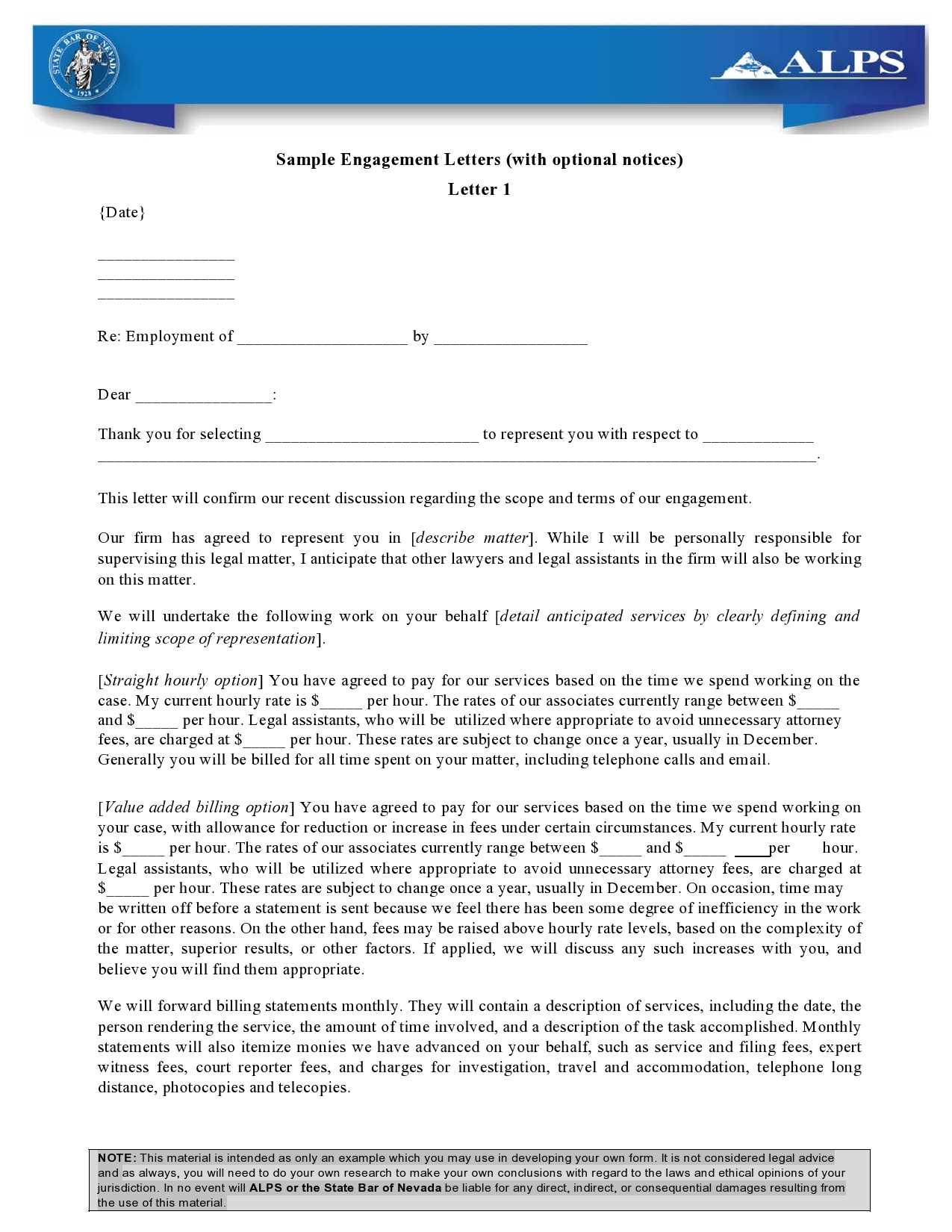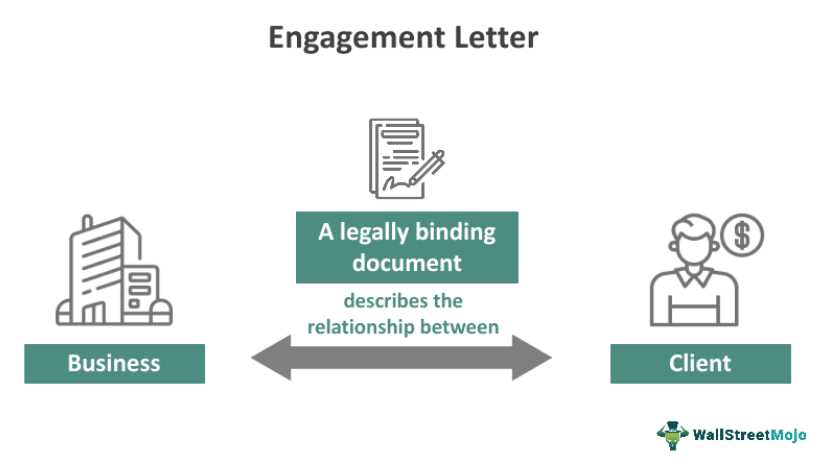What is an Engagement Letter and Why is it Important for Small Businesses?
An engagement letter is a legal document that outlines the terms and conditions of a professional engagement between a service provider and a client. It serves as a contract and sets clear expectations for both parties involved.
Definition of an Engagement Letter

An engagement letter is a written agreement between a service provider, such as a consultant, accountant, or lawyer, and their client. It outlines the scope of work, responsibilities, fees, and other important details related to the engagement.
Engagement letters are commonly used in various industries, including small businesses, to establish a professional relationship and ensure that both parties understand and agree upon the terms of the engagement.
The Process of Creating an Engagement Letter

The process of creating an engagement letter typically involves the following steps:
- Initial consultation: The service provider meets with the client to discuss their needs and objectives.
- Scope of work: The service provider determines the specific services they will provide and the expected outcomes.
- Terms and conditions: The service provider outlines the fees, payment terms, timelines, and any other relevant terms and conditions.
- Review and negotiation: The engagement letter is reviewed and negotiated by both parties to ensure mutual agreement.
- Finalization and signing: Once both parties are satisfied with the terms, the engagement letter is finalized and signed.
The Significance of Engagement Letters for Small Businesses
Engagement letters are particularly important for small businesses for several reasons:
- Clear expectations: An engagement letter helps establish clear expectations between the service provider and the client, ensuring that both parties are on the same page regarding the scope of work, deliverables, and timelines.
- Professionalism: Using engagement letters demonstrates professionalism and establishes a formal relationship between the service provider and the client. It helps build trust and credibility.
- Clarity on fees and payment terms: Engagement letters specify the fees and payment terms, ensuring that both parties are aware of the financial obligations and preventing any potential conflicts related to payment.
- Scope management: An engagement letter defines the scope of work, preventing scope creep and ensuring that the service provider only delivers the agreed-upon services.
Definition of an Engagement Letter
An engagement letter is a legal document that outlines the terms and conditions of a professional relationship between a service provider and a client. It is commonly used in the business world, particularly in the fields of accounting, legal services, consulting, and other professional services.
In addition to clarifying the scope of work, an engagement letter also helps protect the interests of both parties. It outlines the rights and obligations of the service provider and the client, ensuring that each party is aware of their legal and ethical responsibilities.
Furthermore, an engagement letter can serve as a reference document in case of any disagreements or disputes that may arise during the course of the engagement. It provides a written record of the agreed-upon terms and can be used as evidence in legal proceedings, if necessary.
The Process of Creating an Engagement Letter

Creating an engagement letter is an essential step for small businesses to establish clear expectations and protect their interests when entering into a professional relationship with clients or customers. The process of creating an engagement letter involves several key steps:
1. Identify the Parties Involved:
The first step in creating an engagement letter is to clearly identify the parties involved in the agreement. This includes the small business and the client or customer with whom they are entering into a professional relationship. It is important to include the legal names and contact information of both parties to ensure clarity and avoid any confusion.
2. Define the Scope of Work:
3. Establish the Terms and Conditions:
4. Include Legal and Confidentiality Clauses:
To protect the interests of both parties, it is crucial to include legal and confidentiality clauses in the engagement letter. This may include provisions related to intellectual property rights, non-disclosure agreements, and dispute resolution mechanisms. These clauses help to ensure that both parties are aware of their rights and obligations and provide a framework for resolving any potential conflicts.
5. Review and Obtain Signatures:
Once the engagement letter has been drafted, it is important to review it carefully to ensure accuracy and completeness. Both parties should have the opportunity to review the document and ask any questions or seek clarification before signing. Once both parties are satisfied, they can sign the engagement letter to indicate their agreement and commitment to the terms outlined.
The Significance of Engagement Letters for Small Businesses

An engagement letter is a crucial document for small businesses as it outlines the terms and conditions of the professional relationship between the business and its clients. This legally binding agreement serves as a written confirmation of the services to be provided, the scope of work, and the fees involved.
Furthermore, engagement letters can also help small businesses manage their risks. By clearly outlining the scope of work and the limitations of services, the business can avoid any potential liability that may arise from providing services beyond their expertise or outside the agreed-upon scope. This can help protect the business from legal and financial risks.
Another significance of engagement letters is that they can help small businesses maintain professionalism and credibility. By having a formal agreement in place, the business demonstrates its commitment to providing quality services and adhering to professional standards. This can enhance the business’s reputation and attract more clients in the long run.

Emily Bibb simplifies finance through bestselling books and articles, bridging complex concepts for everyday understanding. Engaging audiences via social media, she shares insights for financial success. Active in seminars and philanthropy, Bibb aims to create a more financially informed society, driven by her passion for empowering others.
